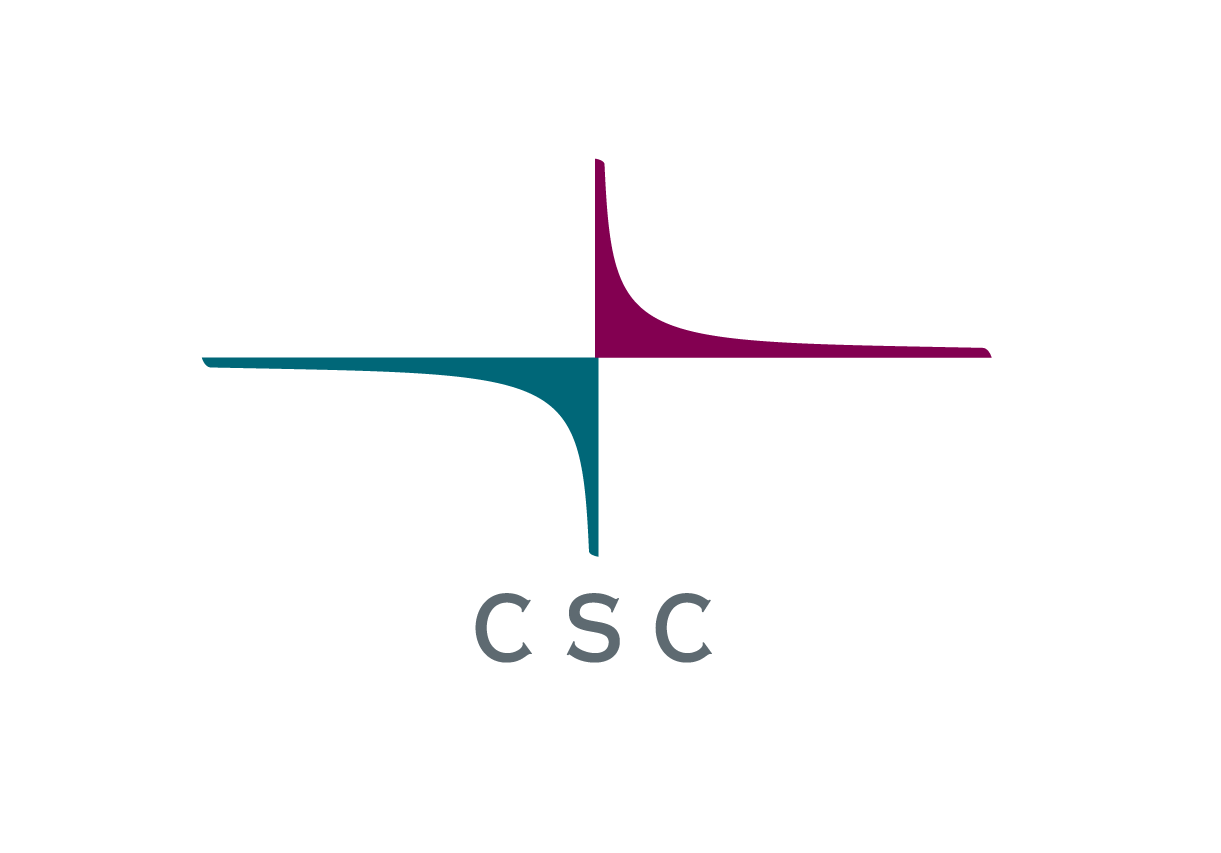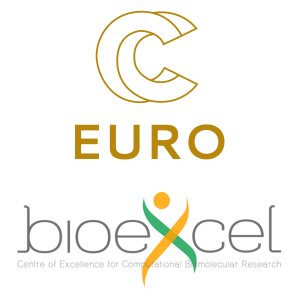The CSC Spring School in Computational Chemistry is back!
Description
The Spring School provides a comprehensive, tutorial-style, hands-on, introductory and intermediate-level treatment of the essential methods for molecular modeling and computational chemistry using modern supercomputers. The School program is being finalized, but the main content will be similar to last years and consists of:
- Classical molecular dynamics, intro + hands on (1 day)
- Electronic structure theory, intro + hands on (1 day)
- Machine learning in chemistry, intro + hands on
- Special topics on enhanced sampling techniques and visualization
The school is a must for graduate students in the field, providing an overview of "what can be calculated and how should it be done", without forgetting the important aspect of network building. The intense schedule might also be suitable for an industry representative to get a hands-on introduction to modelling. To get an idea of the depth in which the topics are covered, take a look at the materials from the 2020 School or a blog entry of the 2019 School.
Learning outcome
The learning outcome is to gain an overview of the two main branches of computational chemistry — classical molecular dynamics and electronic structure calculations — in connection with related HPC software packages and other useful skills in the trade. The workshop serves also as an intensive crash course (the first two days) in computational modelling and is expected to be useful for students and researchers also in physics, materials sciences and biosciences. The following "Special topics" then build on this foundation.
Prerequisites
Working knowledge and some work experience from some branch of computational chemistry will be useful. Basic linux skills for hands-on exercises and elementary Python for Machine Learning hands-on. Please consult and prepare with these materials - if needed - to be able to maximally benefit of the school. During the school, we have limited support available for elementary command line / Python help.
Programme
Materials and Notes available in this frozen used-to-be-interactive document.
Agenda
| Wednesday 26 Apr | Thursday 27 Apr | Friday 28 Apr | |
| 9-9:15 | Welcome & intro | Welcome & intro | Welcome & intro |
| 9:15-10 | Introduction to classical MD | Introduction to electronic structure theory | Machine learning in chemistry (lecture) |
| 10-10:15 | break | break | break |
| 10:15-11 | Intro... continued | Intro... continued | Machine learning in chemistry (hands-on) |
| 11-11:15 | break | break | break |
|
11:15-12 |
Intro... continued | Intro... continued | Machine learning in chemistry (hands-on) |
| 12-13 | lunch | lunch | lunch |
| 13-13:45 | MD hands-on: 3 parallel sessions ... | QC hands-on: 3 parallel sessions ... | Special topic 1: Enhanced sampling (lecture) |
| 13:45-14:30 | ...basic, inter, advanced | ...basic, inter, advanced | Special topic 1: Enhanced sampling (hands-on) |
| 14:30-14:45 | break | break | break |
| 14:45-15:30 | MD hands-on: continued | QC hands-on: continued | Special topic 2: Visualization with VMD (lecture/demo) |
| 15:30-16:15 | MD hands-on: continued | QC hands-on: continued | Special topic 2: Visualization with VMD (hands-on) |
| 16:30-19:00 | Poster session + snacks | Sauna talk... | Closing (15 min) |
| 18:30-21:00 | ...and sauna + dinner |
Software used in the School
Gromacs, Turbomole, CP2K, VMD, Python, ... TBA
Participation fee
The School is fully booked and we have 10 people on the waiting list. The school has a participation fee of 120 EUR (+ VAT). It covers the lectures, coffees, lunches, poster session snacks, and the sauna + dinner. A small fee is necessary to cover a part of the costs and to reduce no-show as only limited seats are available.
Please briefly describe your background, skills, and expectations upon course application. The information will help us fine tune the level of presentations. The registration dead line is at 26th of March, but if there are places free beyond that date, they will be allocated in order of registration. A waiting list will be used, if needed, in case of cancellations. Please bring a poster to help communicate your work and interests. While CSC cannot guarantee credits, as the decision is finally up to your own institute, we'll supply a certificate which recommends granting 1 ECTS credit for the participants.
Lecturers
- Dr. Hector Martinez-Seara, Czech Academy of Sciences, Czech Republic
- Dr. Matti Javanainen, University of Helsinki, Finland
- Dr. Shreyas Kaptan, University of Helsinki, Finland
- Prof. Antti Karttunen, Aalto University, Finland
- Dr. Rasmus Kronberg, CSC - IT Center for Science, Finland
- Dr. Atte Sillanpää, CSC- IT Center for Science, Finland
Funding
The course is organized with support of and as a collaboration between CSC, EuroCC2 and BioExcel-3.


